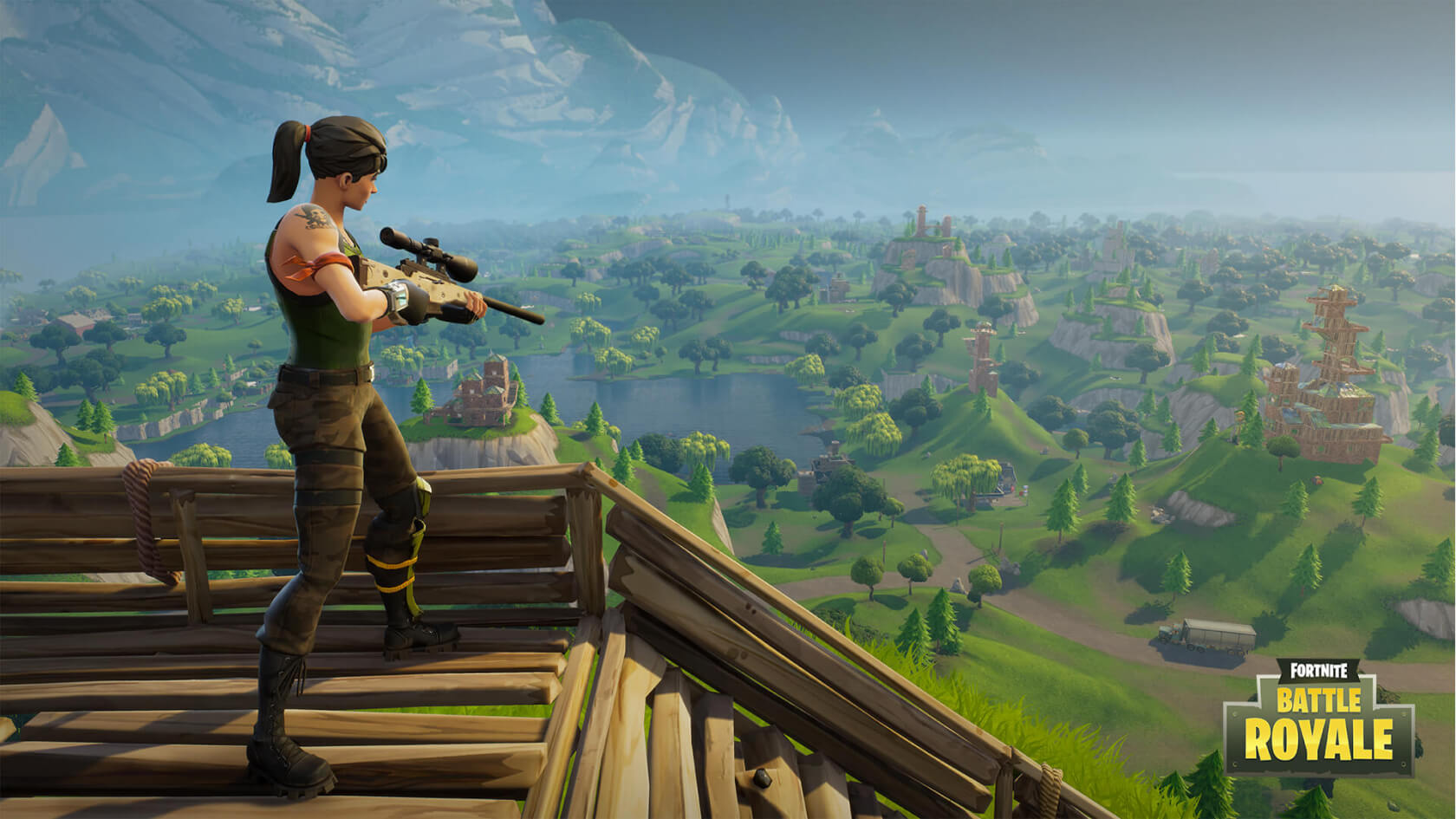Despite coming up with different ways of tackling the issue, cheating remains a problem in virtually all online multiplayer games. Last month, developer Epic Games showed how seriously it views the practice by launching lawsuits against two people who were continuously using cheats in its new Fortnite Battle Royale game. What the company probably didn't know at the time, however, is that one of them is 14 years old, and his mother is now vigorously defending her son.
The popularity of Fortnite's free-to-play Battle Royale game mode has seen numerous cheaters join its ranks, leading to creator Epic Games, which was also responsible for the Gears of War and the Unreal series, dishing out plenty of bans.
"We are constantly working against both the cheaters themselves and the cheat providers. And it's ongoing, we're exploring every measure to ensure these cheaters are removed and stay removed from Fortnite Battle Royale and the Epic ecosystem," the company wrote.
But the actions weren't enough to stop two prolific cheaters, who constantly created new accounts under false names to circumvent the bans. Not only were the pair accused of using paid 'aimbot' software, but they also allegedly offered support for the service and helped stream snipe popular Twitch broadcasters, a practice that has recently seen a lot of PUBG players banned. This led to Epic suing the two players in a North Carolina federal court, arguing that modification of the game's code is against Fortnite's End User License Agreement (EULA) and the Copyright Act.
But the mother of the minor has chosen to respond to Epic's complaint with a strongly worded letter to the court. "This company is in the process of attempting to sue a 14-year-old child," she wrote.
She argues that Epic has no proof her son modified the game. She adds that Epic wouldn't have lost money as it's a free-to-play title, that her son merely downloaded the cheat software and didn't help create it (as Epic claims), and that releasing her boy's name publicly means Epic has violated Delaware laws related to the release of information on minors.
The biggest point of contention revolves around the EULA agreement. The mother says it isn't legally binding as minors require permission from parents or guardians, which never happened in this instance. "Please note parental consent was not issued to [my son] to play this free game produced by Epic Games, INC," the mother explained in her letter.
The mother believes that her son is being made a scapegoat to stop other cheaters. She says Epic should be targetting those websites that create and sell the software, not those that use it.
"It is my belief that due to their lack of ability to curve cheat codes and others from modifying their game, they are using a 14-year-old child as a scapegoat to make an example of him."
In a statement to Kotaku, Epic said: "This particular lawsuit arose as a result of the defendant filing a DMCA counterclaim to a takedown notice on a YouTube video that exposed and promoted Fortnite Battle Royale cheats and exploits. Under these circumstances, the law requires that we file suit or drop the claim."
"Epic is not okay with ongoing cheating or copyright infringement from anyone at any age. As stated previously, we take cheating seriously, and we'll pursue all available options to make sure our games are fun, fair, and competitive for players."
